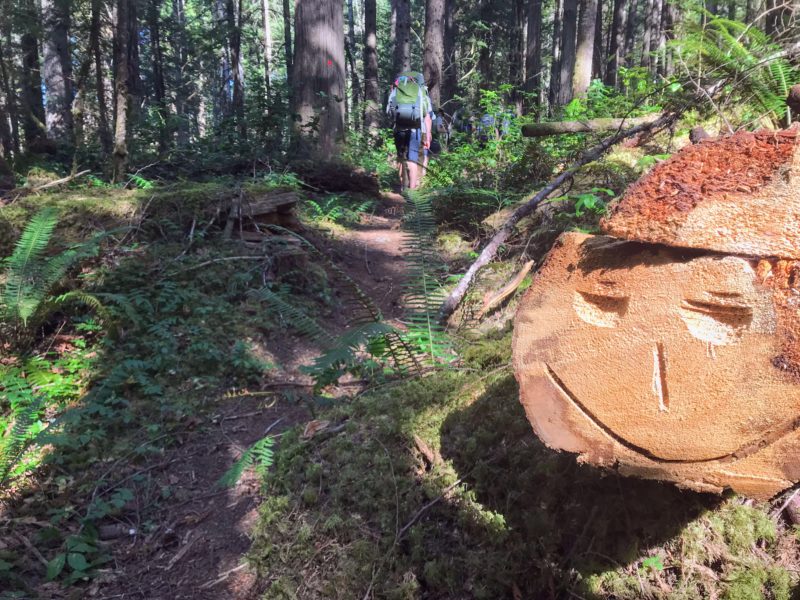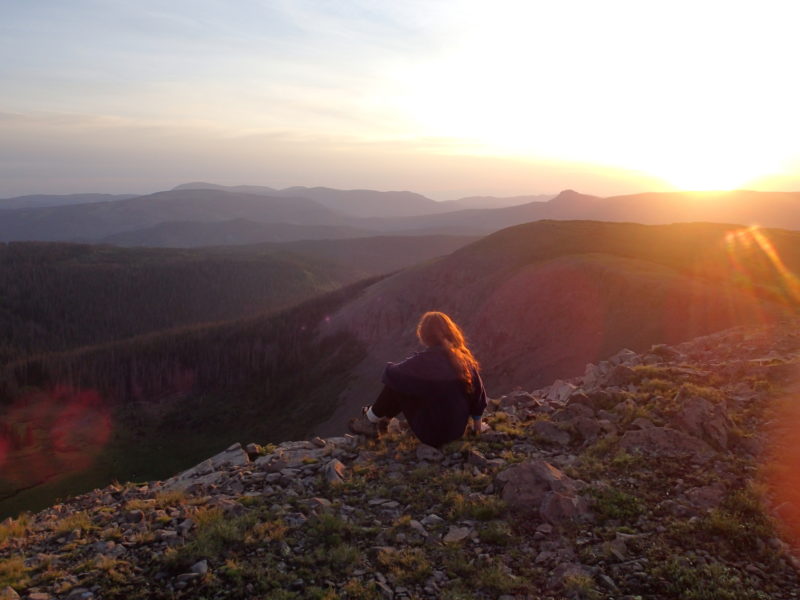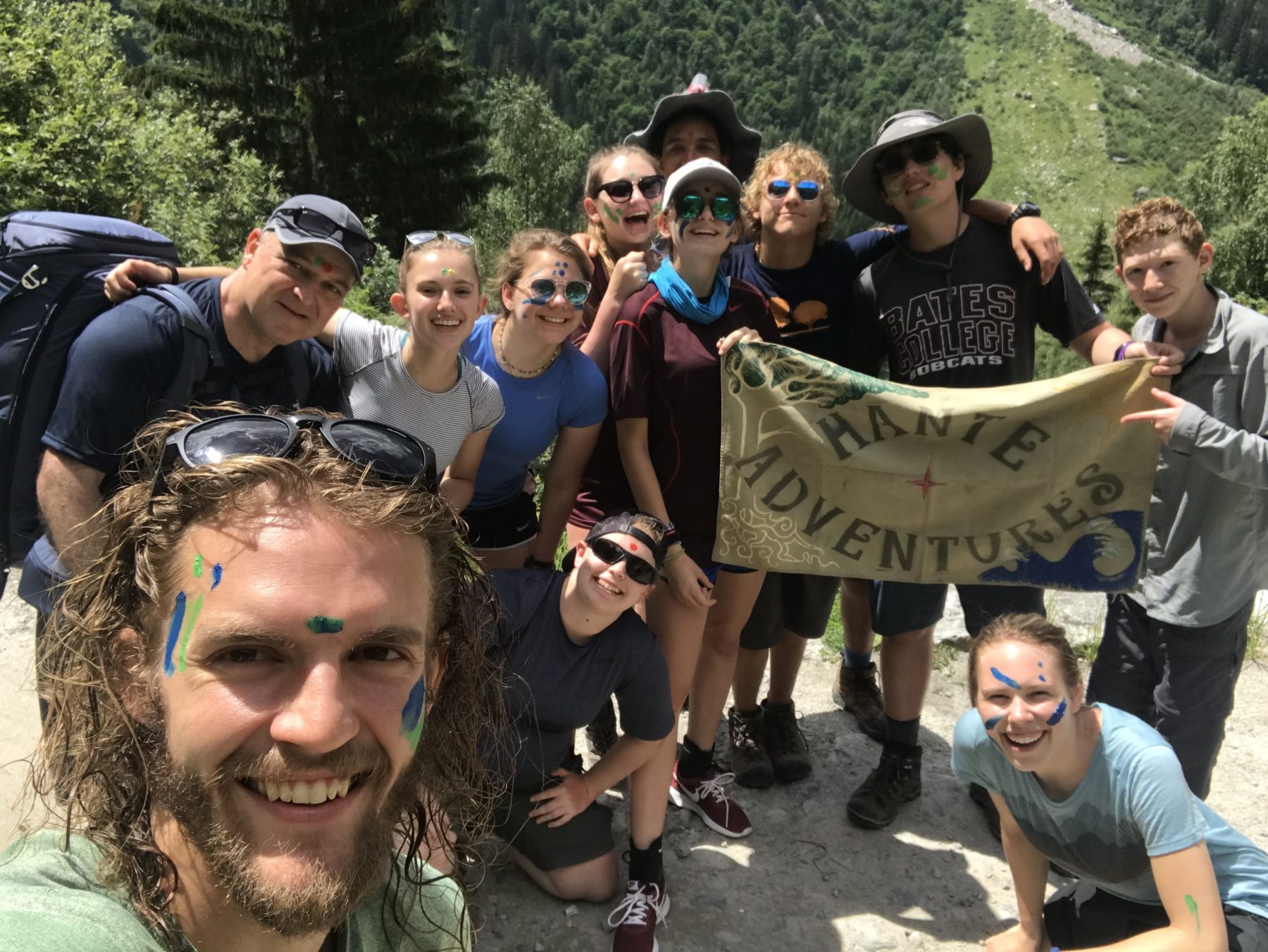Sometimes I can’t help but feel a little embarrassed when I look at my lonely compass hanging next to my growing map collection. Along with the skill to use it, it is often considered a fundamental and critical piece of equipment for backcountry travel. And even though I made sure not to buy a cheap model for this very reason, it’s easily among my lesser-used gear. Sure, I know how to use it, and it always comes with me—it just stays tucked in my pack. You know, just in case.
So why not keep track of my location? Nowadays, with GPS apps and smartphone location services, there’s little space in the developed world in which we can get lost. It might follow that I’m conditioned to keep these tabs, to definitively know my location and have the information at my fingertips. This would seem like a good idea when one is removed from help in the event that it’s needed. The pros could go on.

I first learned how to use a compass during the Paleo Experiment back in 2002, where we established a primitive living site far off-trail and spent time orienting ourselves to a sense of place in the absence of anything human-made. Later, as a member of Hante Ecuador in 2007, we spent a day traveling from A to B with map and compass in a student-led fashion with one rule: no roads or trails allowed. My peers and I led our lone instructor over steep ridges and along windswept highland plains with what little confidence we had in our navigation skills. Our instructor gave us a wry grin when we showed up at the destination hours after the other groups.
I remember that grin with much more clarity than any of the frustrations or doubt that we surely experienced that day. Beyond any doubt, it was validation of our efforts and a dismissal of any notion that speed had mattered. We arrived at the crux of the exercise: often we don’t have all the information at hand, and we’re forced to operate in gray areas with nothing to rely on but wit and skill. It’s in those moments where character and judgment are honed—crucial ingredients to making decisions yourself when information isn’t there at the tap of a finger.
This lesson paved a formative path for me. I didn’t grow up knowing exactly what my professional dreams were. I had many interests and often hit the wall of analysis paralysis. It was a gray area, and I’ve had to sift through the unknowns to make decisions that felt true. This holds for the decision to study psychology, to begin leading Hantes myself (on which I’ve used the same exercise), to teach elementary education in Winston-Salem, pivot to nonprofit conservation in Atlanta, and come full circle back to the lesson’s origin. The constant is not that I fully trusted each step along the way, no more than I was sure the next ridge would actually get us closer to the destination on Hante. No, the constant is that I feel fully equipped to gain some wisdom from getting a little lost along the way.
So, I think that’s why I don’t use my compass much. I like getting out there and exercising the muscle that is my own resourcefulness. On a small scale, these trips keep it active for when the big decisions come around. Ironically, this comfort in gray areas can be traced back to an experience where a map and compass were all I had to work with. I suppose it’s a testament to the profound power of simple skills to radically empower one’s sense of self.

Note: I am an avid supporter of knowing how to use and carrying a compass. I often use it when I’m done indulging the gray areas and am in unfamiliar territory. Know your limits and prepare!
Find more information about 2022 Hante Adventures here. Questions and comments about Camp, Added Adventures, and Hante Adventures can be sent to Andrew at hante@enf.org.
By Andrew Nelson, Assistant Camp Director and Hante Coordinator
